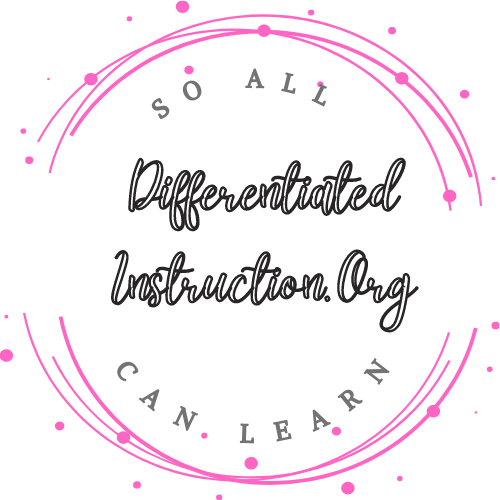February Teaching Blues are a thing. How to fight back? Perhaps a quick course in self-reflection about the techne’ of teaching?
I’ve seen more than one email addressed to teachers this week that talks about the “February Blues” or the blah of February or some other description of the fact that there are days in February when you wonder why you got into the business of education and you can’t see that anything you do is working.
Minor irritations may look larger than they are, and it seems that the spring will never come. And then you’re afraid that when it does, the state exams are going to be abysmal. A student runs down the hall and you hesitate just a moment before calling the office to tell them to bring the student back.

On a metaphorical school-year ocean voyage between the continents of August and May, I feel like a sailor on an sea-worn ship, scanning the horizon for signs of land (rest, or days off). Even the island of spring break seems impossibly far off beyond the horizon.
Yes, Science of Reading, of Course, and Yet … There’s also Techne’
I go to Twitter to try to find something to say about Science of Reading and there are two significant threads: the first, how do parents understand reading tests, and the second, Tim Shanahan on the question of whether there is a science of reading.
I understand about the question of how much science can truly explain reading. The truth is, I’ve been watching myself teach and thinking about the techne’ of teaching. Techne’ is a Greek word which means something like artisanship – and yes, it’s at the root of the word “technical.”
Techne’ is specific to the individual practitioner and it cannot be easily transferred to another practitioner in any way except one-to-one coaching.
February Teaching Blues vs. Techne?
And techne’, perhaps, is what drives teachers who are great. It is why it’s so hard for a District to approve a top-down reading program and have it succeed in every (or even most) classroom(s). Some teachers can use one method, and others, others. Of course, yes, some programs are pretty bad. But even good ones have varying levels of success.
Generally, experienced teachers (along with some highly impassioned new teachers) know how to get more learning per hour.
In the midst of the February blues, I’ve been thinking I want to become better at my job. I can try harder, I tell myself. And in this frame of mind, I’ve become interested in the idea of techne’ and refining small actions I do every day to increase my instructional impact.
My Own Self-Reflection
Some aspects of techne’ that I’ve identified this week:
- Standing at the board, specifically pointing to letters and specifically asking for letter sounds. Not just waving the pointer in the direction of the letter, but crisp movements, touching each letter, correct directionality, standing on the right side and swooshing right for the cue to blend.
- Knowing how to ask the class for silence, and the speed with which one can obtain it. You can mandate building wide a certain cue – “STAR check” is what we say – but different teachers do this at different speeds.
- Keeping the class quiet with a quiet voice. Or making oneself understood while letting the class speak normally.
- Prompting reading – as the student reads, the teacher scaffolds the words … upon a pause, the teacher provides not the word but the first sound, then, if that doesn’t work, the second, and the third … then asks the student to blend. This is a highly specific skill and is extremely helpful for developing struggling readers.
- Facial expressions and hand gestures that communicate without words. “Not now,” “I’m serious,” or “Yes go ahead.”
- Planning lessons that will be engaging. Knowing which lessons the class needs and which they can do.
- Questioning off the cuff – knowing how to ask questions that are just in the “zone of proximal development.” Knowing when some students don’t understand, and when they pretty much all do.
So yes, there is a science of reading. Yes, the National Reading Panel’s five components of reading: Phonemic Awareness, Phonics, Fluency, Vocabulary, and Comprehension, remain canonical. But there is also a techne’, an art of teaching. That art cannot be documented easily through research in the same way that we cannot explain exactly how Michelangelo created the Sistine Chapel.
And in the midst of the February Blues, I have found a way to rise to the challenge. Finding my own techne’ successes and areas for growth, I believe in myself, in the profession, and in the students, the future of our communities, and I carry on with a glad heart.
Most of the day.
